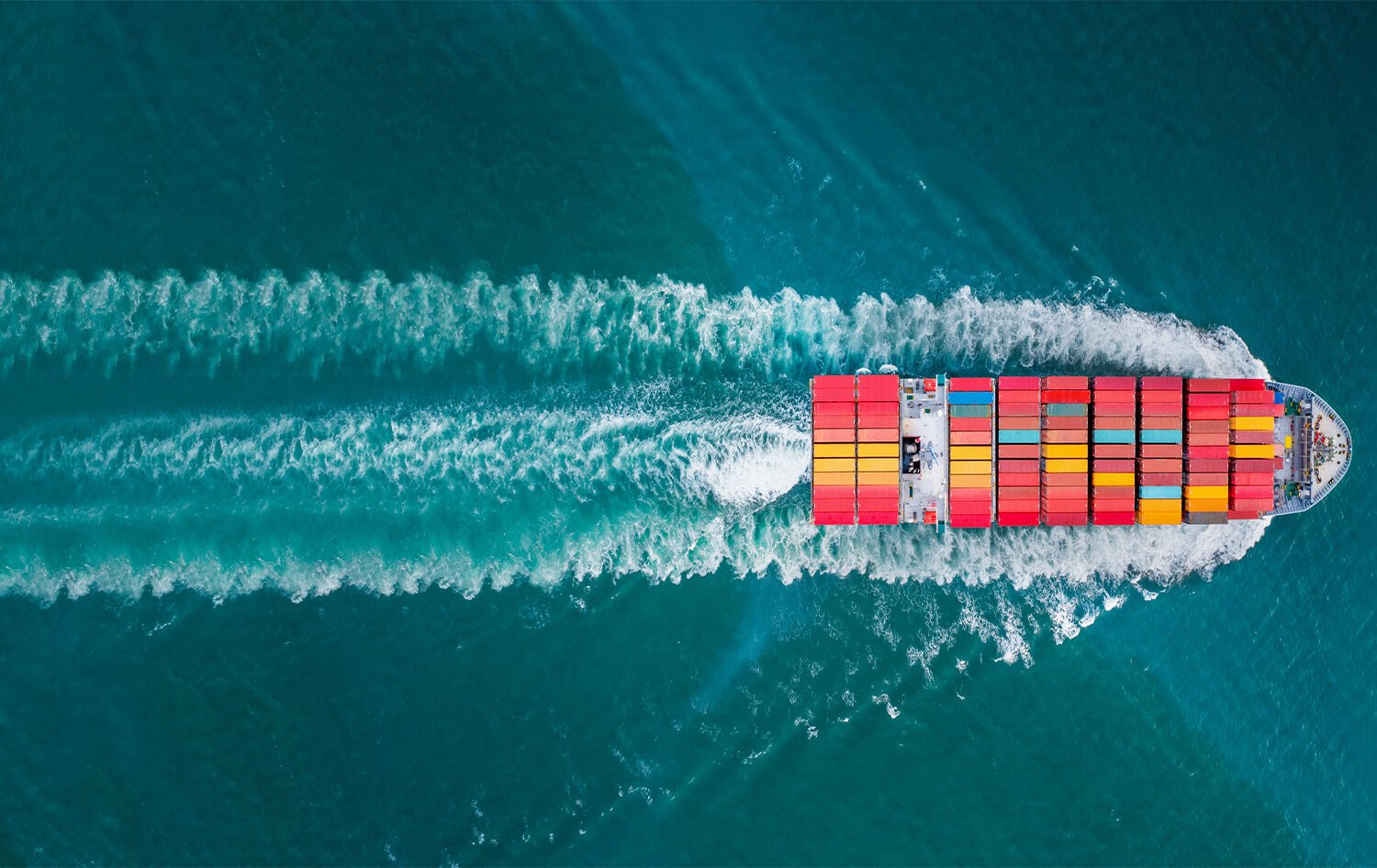
White paper
Evaluating Marine Fuels Based on a Well-to-Wake Approach for a Successful Transition to Net Zero
Global regulatory control of atmospheric pollution from the maritime or shipping industry is becoming increasingly stringent, with further measures expected to be imposed in the coming years.
In general, this white paper welcomes the increased regulation of shipping emissions, particularly those relating to greenhouse gases, as part of efforts to mitigate the future effects of global climate change. However, we encourage shipping companies, policy makers and users of shipping and transportation services to use a ‘well-to-wake’ approach when evaluating emissions from the shipping industry. This means understanding emissions and other impacts associated with the production, storage and distribution of fuels, as well as emissions generated on board ocean-going vessels.
Using a well-to-wake approach brings many benefits, but most importantly it ensures that the intended greenhouse gas reduction benefits from fuels are actually achieved. While greenhouse gas emissions are important and are currently the focus, further criteria should be investigated, e.g. as discussed by the Sustainable Shipping Initiative (SSI).
Get the white paper
Fill in the fields below to get your link to download our white paper

